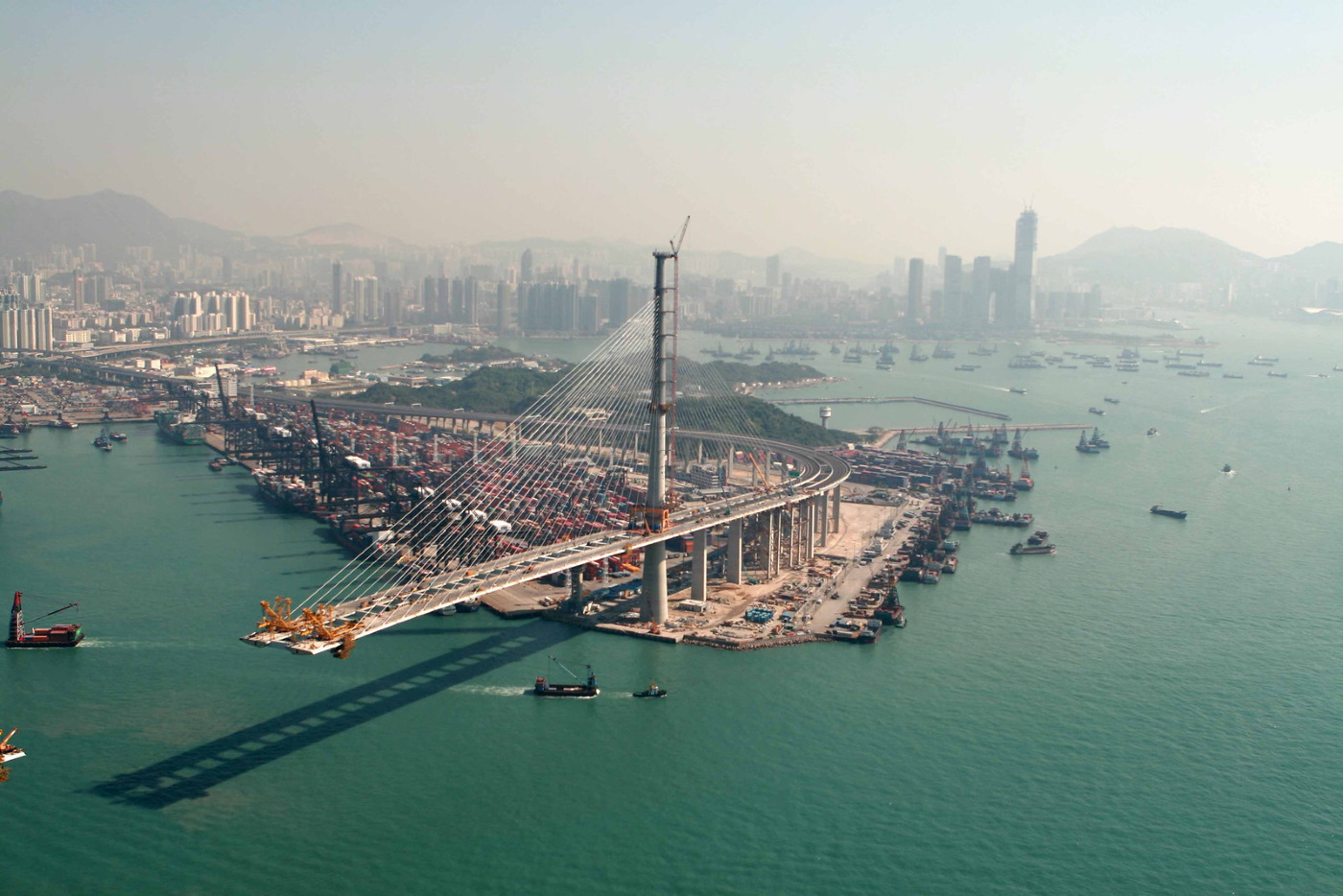The Twilight Hour for Hong Kong’s Broken Construction Payment Regime
Late payment is endemic in the construction industry, a constant re-occurrence from project to project and a significant risk for Hong Kong construction companies. Late progress payments result in poor cash-flow, delays, potential bankruptcy and ultimately an increase in claims and disputes between project participants. The Hong Kong Government has long recognised the issues of late payment and cashflow in the construction industry and has been discussing security of payment legislation for almost 20 years.
In December 2021, the Hong Kong Government’s Development Bureau introduced the pilot scheme, namely, the security of payment provisions into public sector construction contracts. This pilot scheme will soon be replaced by the Construction Industry Security of Payment Bill (the “SOP Bill”) once it has been enacted in 2025.
Timetable
On 17 May 2024, the Hong Kong Government gazetted the SOP Bill, and the Legislative Council completed the first and second reading of the SOP Bill on 29 May 2024. The SOP Bill has now been sent to the Bills Committee for consideration. While the Legislative Council has not publicly announced a timetable for the enactment of the SOP Bill, it is proposed that the SOP Bill will be promulgated eight months later after the Ordinance has been published in the Gazette. Therefore, it is expected that the SOP Bill will be in force by mid-2025.
Key features
The highlights of the current SOP Bill are as follows:
(a) Parties in both public and private contracts cannot contract out of the Bill, and any efforts to do so will be invalid;
(b) Conditional payment terms, such as ‘pay when paid” clauses are unenforceable;
(c) Mandatory requirement to include how and when interim payments are made;
(d) Introducing adjudication as an alternate dispute resolution procedure to resolve payment issues during the construction of the project;
(e) The adjudicator must make a determination within 55 working days after his appointment. The adjudicator’s determination is binding on an interim basis;
(f) Both parties to the contract can refer the payment dispute to litigation or arbitration if they are unsatisfied with the adjudicator’s determination; and
(g) Suspension or the slowing down of works for unpaid parties are permitted in the event of non-payment by the owed party.

Coverage
The SOP Bill currently covers both public and private main contracts of a value greater than HK$5 million for construction works, and HK$0.5 million for supply of goods and services. The SOP Bill is not applicable to contracts for works on existing private residential buildings, such as interior renovation, and this also extends to existing private non-residential projects contracts for minor works. For public contracts, both time and cost related matters, parties can initiate adjudication proceedings to resolve the dispute. However, for private contracts, the SOP Bill currently specifies that time-related matters can be adjudicated only where the parties agree to the extension of time, but disagree on the amount payable arising from the delay event. These key features of the SOP Bill are not finalised and may be amended as the bill progresses through the legislative process.
Remarks
The SOP Bill has the potential to represent a sea change for Hong Kong’s construction and will bring the territory into line with over overseas jurisdictions like the UK, Australia and Singapore which have already introduced similar legislation and statutory adjudication. Along with the ongoing introduction of NEC4, the SOP Bill aims to reduce the number and disputes and promote more collaborative working. Time will tell whether these lofty ambitions are achieved and the sun will rise on a reformed construction industry.

The status and content of the SOPL will be discussed at the forthcoming Society of Construction Law Hong Kong half day seminar on 19 July, of which Contract Dispute Consultants are a joint sponsor.
Contract Dispute Consultants HK Limited
CDCHK are Hong Kong’s leading claims and contractual consultancy providing support to first tier contractors working on complex infrastructure and building projects worldwide. Recent assignments have included acting for contractors on rail projects in Canada and Hong Kong, cable stayed bridges in the United States, Canada and Hong Kong, power projects in the UK and airport projects.

